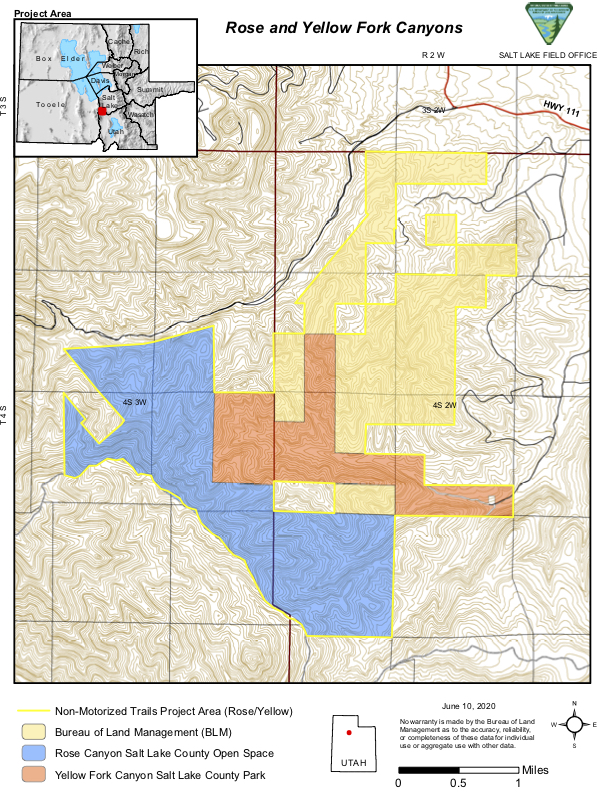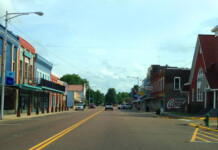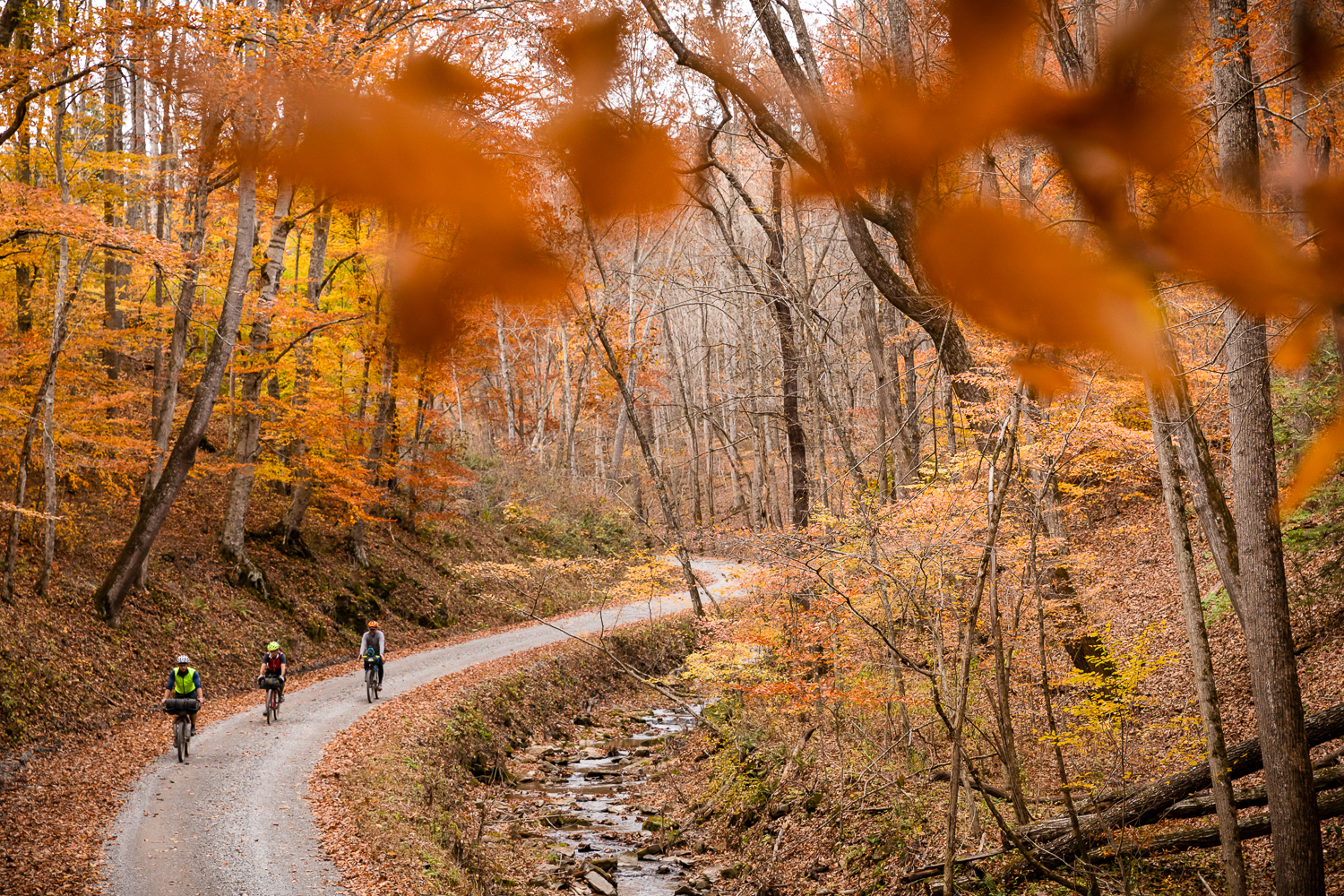MTB Trails Advocacy Alert: July 14, 2020 – The Bureau of Land Management (BLM) is proposing new non-motorized trails in the Lake Mountains, Oquirrh Mountains, and Rose and Yellow Fork Canyons, located in Utah County, Tooele County, and Salt Lake County, Utah. The trails would be open to mountain biking, hiking, and equestrian use. Up to 50 miles of new trails could be constructed with a possibility of 25 miles in the Lake Mountains, 15 miles in the North Oquirrh Management Area (NOMA) in Tooele County, and 10 miles in Rose and Yellow Fork Canyons.

The trail proposals would likely also be open to Class 1 e-bikes, as a result of a BLM order to increase opportunities for electric bicycles. Class 1 electric bikes are pedal assist only (no throttle) with a maximum assisted speed of 20 mph.
Public Comment is being taken through July 16, 2020 here at the main project website. Maps are also available here: https://eplanning.blm.gov/eplanning-ui/project/1505414/510
The BLM’s project summary is below:
The Bureau of Land Management (BLM) is preparing an environmental assessment (EA) to analyze the development of non-motorized trails to facilitate outdoor recreation opportunities on BLM-managed lands within three areas (maps are enclosed) including: 1) Lake Mountains, Utah County. Approximately 17,250 acres in Township 5 South, Range 1 West; Township 6 South, Range 1 West; Township 7 South, Range 1 West; Township 7 South, Range 1 East; Salt Lake Meridian. 2) North Oquirrh Management Area, Tooele County. Approximately 5,285 acres in Township 1 South, Range 4 West; Township 2 South, Range 4 West; Township 2 South, Range 3 West; Township 3 South, Range 4 West; Township 3 South, Range 3 West Salt Lake Meridian; west of the ridgeline and at elevations lower than approximately 6,200 feet. 3) Rose and Yellow Fork Canyons, Salt Lake County. Approximately 1,520 acres in Township 4 South, Range 2 West. The BLM recognizes the importance of providing quality recreation experiences on public lands that are adjacent to growing population centers. The project would not change the availability of any existing motorized access but would facilitate the expansion of a non-motorized trail system that support hiking, biking, horseback riding, or other human-powered recreational uses. The trails would most likely be authorized under a right-of-way to a municipal government or other partner organization, and/or may be built with BLM and volunteer labor.








